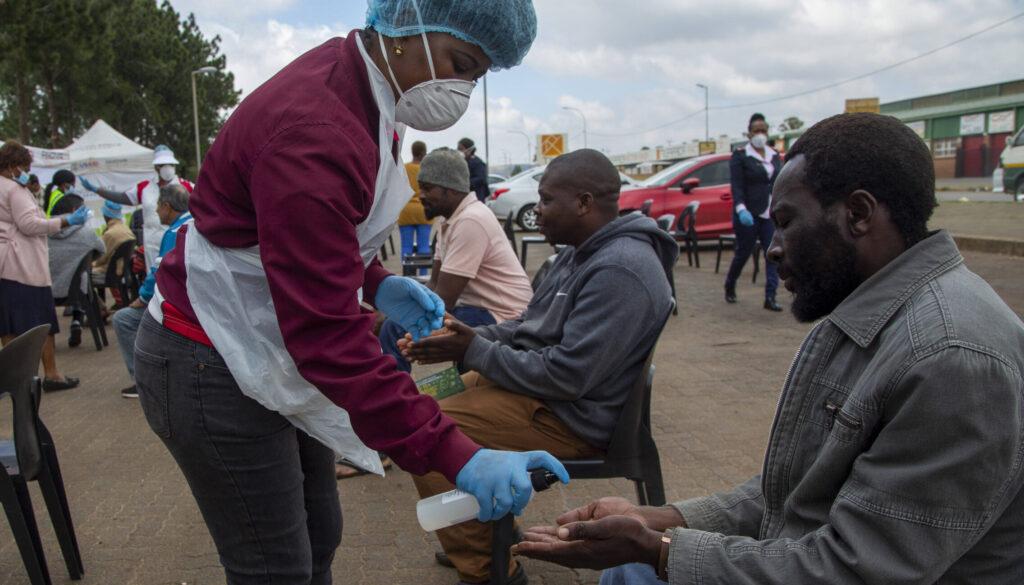Africa-Press – Lesotho. Africa needs to strengthen its data and statistical capacity, especially in civil registration, to be able to respond to coronavirus and future public health challenges, according to a report from the Mo Ibrahim Foundation.
Data coverage on health facilities and health outcomes in Africa is often poor, and this limits the production of data essential in health emergencies, according to the report.
Civil registration is the cornerstone of the statistics needed for responses which are based on evidence. A functioning civil registration system is critical for establishing the legal identity of individuals and providing access to public services such as healthcare.
But only eight African countries have complete birth registration systems. And of the 16 African countries with data on death registration, only three cover 90% or more of the population: Egypt, Mauritius and Seychelles.
The worst performer is Niger, with a death coverage rate of only 3.5% in 2018. Lack of funding and autonomy for national statistics offices means that many of them lack up to date tools to do their job, says the report.
The lack of statistical capacity is “a major obstacle to obtaining quality health data in Africa”, making policy formulation harder. Mo Ibrahim draws on Open Data Watch’s Open Data Inventory (ODIN), which assesses the coverage of statistics produced by national statistical systems in Africa, including health-related data.
The good news is that there was an average overall improvement between 2015 and 2018 for data coverage on health facilities. The top performers are Algeria, Burkina Faso, Burundi, Niger, Mozambique and Sierra Leone.
But South Africa and Nigeria are among the worst performers on this measure. In terms of data on health outcomes, Africa has gone backwards since 2015, with coverage overall now standing at 28.9%.
The best country on this measure is Sierra Leone with 70% coverage. Mali on 60% is the only other country with a coverage level of over 50.0% Botswana, Cabo Verde, Gabon, Lesotho, Libya, Namibia, Seychelles and Somalia effectively have no coverage statistical coverage of health outcomes.
Progress Since Ebola Lack of laboratory testing, inadequate surveillance and reporting, and difficulties in isolating patients were among the main reasons for the rapid spread of Ebola in West Africa in 2014.
The continent has learned from the experience, says Mo Ibrahim. Many countries now screen passengers’ temperatures at airports. The Africa Centres for Disease Control and Prevention (Africa CDC) was set up in January 2017, and many countries also set up national public health institutes.
Ebola-affected countries still have isolation facilities. A further source of hope is demographic, with Africa, the world’s youngest continent, having a median age of under 20.
Though coronavirus kills people of any age regardless of their health histories, mortality has been concentrated in older age groups. Only 3% of sub-Saharan Africa’s population is older than 65, compared with about 12% in China.
For More News And Analysis About Lesotho Follow Africa-Press






